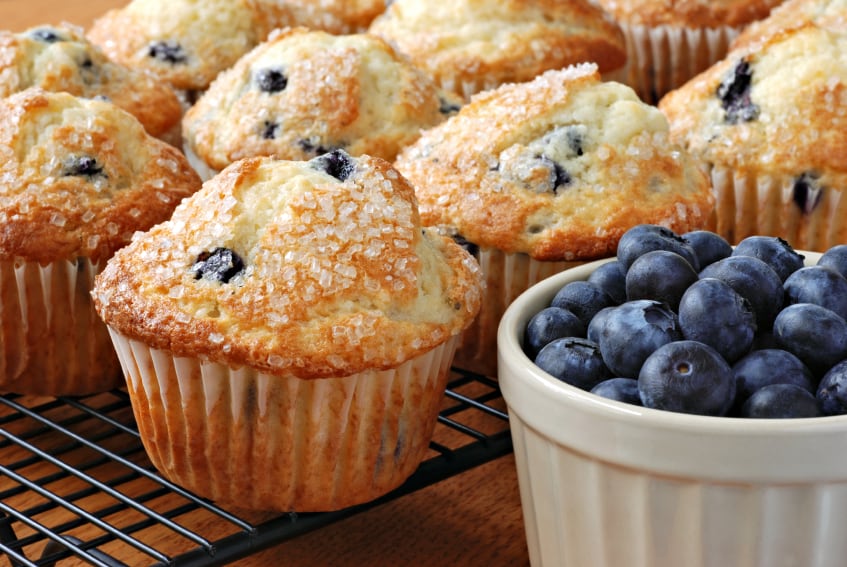The paper reported that a rare sugar syrup (RSS), made up of small amounts of allulose, sorbose and tagatose, has the potential to maintain glucose homeostasis.
The role of RSS has much relevance to the food industry as the research also highlights an industrial way to produce allulose in large quantities from high-fructose corn syrup (HFCS), which contains about equal parts glucose and fructose.
“Although HFCS (also called glucose-fructose) is known to impair glucose homeostasis and cause obesity and diabetes, reducing its consumption to prevent these lifestyle-related diseases is difficult,” the study suggested.
“Rare sugar syrup (RSS) has anti-obesity and anti-diabetic effects and these results imply that RSS maintains glucose tolerance and insulin sensitivity, at least partly, converting blood glucose to glycogen in the liver via the glucokinase enzyme, contributing to the decreased postmeal blood glucose in humans.”
Investigators from Nagasaki University working alongside a team from Matsutani Chemical Industry Company gave three groups of rats either plain water, water with HFCS and water with rare-sugar syrup (RSS) for 10 weeks.
The rats consuming the RSS-infused water gained less weight, had less abdominal fat, and had lower blood glucose and insulin levels compared to the HFCS group.
The study also showed that the liver cells' nuclei in the RSS rats exported to the cytoplasm higher amounts of glucokinase.
Its suitability has further been demonstrated in a past experiment, which also established an association between RSS with lower body weight, abdominal fat, and fasting insulin levels in rats compared to feeding with starch and HFCS.
Allulose baking qualities

Allulose, in particular is of great interest to the food industry as it contains next to no calories (0.2-0.4 kcal/gram vs sugar at 4 kcal/gram) and it blends well with other low calorie sweeteners such as stevia and sucralose.
This combination has proved effective in reducing or replacing sugar in beverage products, yogurt and ice cream to baked goods, cereals and sugar substitutes.
Another attractive quality of allulose is its tendency to brown during baking. It also lowers the freezing point when creating frozen products, and is highly soluble making it easy to handle in liquid products.
Allulose is currently not permitted for use in Europe. However, the sweetener, sold under the brand name Dolcia Prima by Tate & Lyle, has GRAS (Generally Recognised as Safe) status in the US.
Allulose actions
Although the team stated that further testing was needed the findings do suggest that rare sugars could be a good alternative sweetener.
Investigations into just how it exerts its effects on metabolism have been extensively studied.
The team pointed to allulose’s ability to decrease hepatic lipogenic enzymes and enhances energy expenditure.
“We also calculated the amount of allulose ingested in the RSS group as 900 milligrams per kilogram (mg kg–1) of body weight per day,” the study noted.
However, it was unlikely that this amount of allulose affected body weight gain as a result of the findings from a previous study that maintained that 1500–3000 mg of allulose a day did not increase body weight gain.
“Therefore, it is possible that other rare sugars in RSS, such as sorbose and tagatose, contributed to decreasing body weight,” the authors hypothesized.
Source: Journal of Agriculture and Food Chemistry
Published online ahead of print: DOI: 10.1021/acs.jafc.6b05627
“Rare Sugar Syrup Containing d-Allulose but Not High-Fructose Corn Syrup Maintains Glucose Tolerance and Insulin Sensitivity Partly via Hepatic Glucokinase Translocation in Wistar Rats.”
Authors: Tomoya Shintani, Takako Yamada, Noriko Hayashi, Tetsuo Iida, Yasuo Nagata, Nobuaki Ozaki, and Yukiyasu Toyoda

Are you interested in reducing sugar in your products? Are sugar taxes biting your business? Think firms need a regulatory kick?
Whether you’re a manufacturer, ingredient supplier, R&D scientist or public health expert, get involved in the debate with FoodNavigator's online event on sugar reduction. Sign up here .
